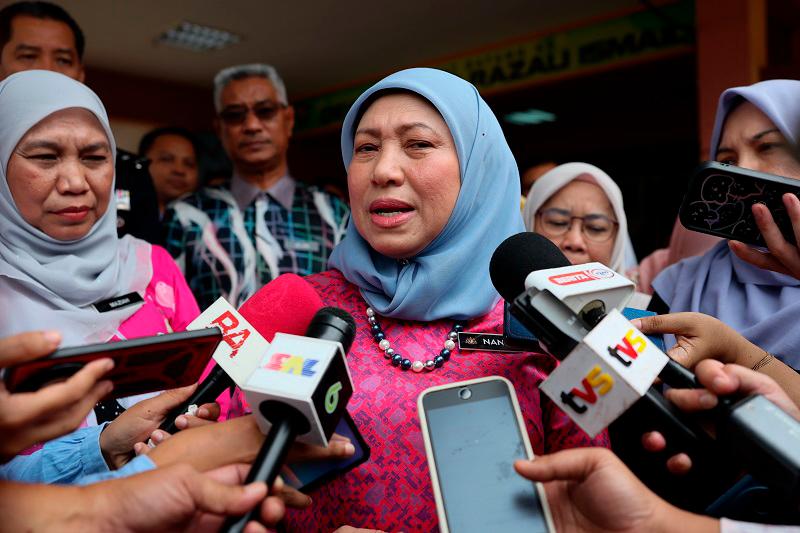KUALA TERENGGANU: The Women, Family, and Community Development Ministry recorded that 3,957 children across the country required care and protection due to various cases from January to May this year.
Minister Datuk Seri Nancy Shukri said of the figure, 2,522 were girls and 1,435 boys, adding that Sabah recorded the highest number of children needing care and protection at 533, followed by Johor (523) and Kuala Lumpur (427).
“This is quite alarming. For this reason, the ministry is taking various measures, including implementing the Child Protection Advocacy Programme: Kasih Kanak-Kanak, to empower children to know their rights and how to report (to the authorities) if exposed to or involved with unsafe situations such as abuse and neglect.
“This is important because many of such cases are not perpetrated by strangers but by family members, which makes it difficult when it happens at home. Who will help the children lodge a report?” she asked.
She spoke to reporters after launching the Terengganu-level Children Protection Advocacy Programme: Kasih Kanak-Kanak at Sekolah Kebangsaan Sultan Sulaiman II, here today.
She said that last year, the ministry recorded 7,658 children needing care and protection nationwide, comprising 4,892 girls and 2,766 boys, adding that Selangor reported the highest number of children with 1,321, followed by Johor (1,033) and Kuala Lumpur (923).
Meanwhile, she said from January to May this year, 132 children in Terengganu, comprising 85 girls and 47 boys, were reported needing care and protection.
According to her, the number includes 63 children who were abandoned by their parents or guardians, 24 children who were assaulted or sexually abused, 13 children who were physically abused, and 11 who were not protected by their parents or guardians, causing them to suffer from injuries or sexual abuse.
In this regard, she said it is crucial to conduct the advocacy programme nationwide, especially in schools, to enhance children’s understanding of situations where they should receive care and protection, among other things.
“This is why our advocacy programme is no longer aimed at adults. We go to schools to share with children so they can be confident that there are opportunities for them to protect themselves,” she added.









